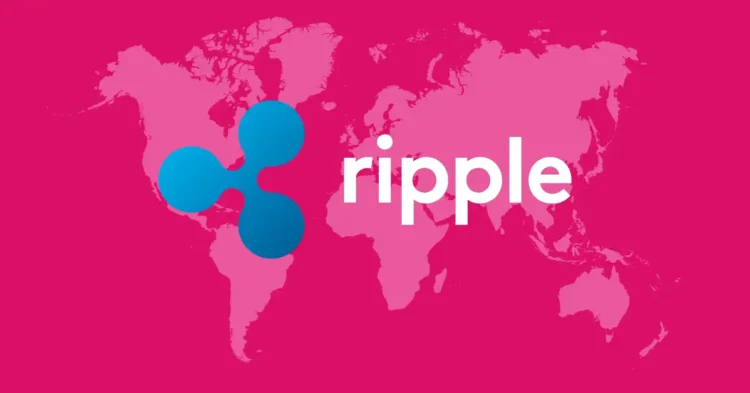In a surprising move that has captured the attention of political and financial analysts alike, President-elect Donald Trump recently made headlines by offering to aid Vice President Kamala Harris with her reported $20 million presidential campaign debt. This unexpected gesture has sparked a fascinating discussion, particularly with the mention of XRP, the digital currency associated with Ripple, which has added an intriguing twist to the narrative.
Trump’s Offer to Pay Harris’ Campaign Debt
Renowned for his sharp wit and candid remarks, Trump playfully extended an offer to the GOP, suggesting they “do whatever we can do to help them” in addressing Harris’ substantial campaign debt. The offer, whether made in jest or genuine, has prompted various reactions and suggestions from the public and political analysts alike.
One particularly interesting suggestion came from a user who proposed that Harris could potentially liquidate some of her donated XRP, the cryptocurrency linked to Ripple. The notion is that if the Securities and Exchange Commission (SEC) were to cease its legal proceedings against Ripple and XRP, the value of XRP could potentially increase, providing Harris with a viable method to alleviate her debt.
SEC Case and XRP’s Potential Role
The suggestion to utilize XRP as a means to address Harris’ campaign debt is closely tied to the ongoing legal dispute between Ripple Labs and the SEC. The SEC has asserted that XRP is a security and, as such, should be subject to regulation. However, if the SEC were to abandon its case, many speculate that the price of XRP could experience a significant surge, thereby enabling Harris to utilize the profits for debt repayment.
Legal Expert Weighs In
Marc Fagel, a former lawyer with the SEC, provided insight into this intricate situation. He emphasized that any sales of XRP by Harris would not require SEC registration, assuming they are not linked to the issuer, Ripple. Fagel clarified that Harris, as an individual retail holder of XRP, would be exempt from SEC regulations upon selling the digital token.
Issuer vs. Retail Holder
Fagel elaborated that Harris, being a non-issuer of XRP, would not be subject to the registration requirements outlined in the Securities Act. This situation is akin to how any retail investor has the freedom to sell their XRP holdings. He argued that the central issue is not the identity of the seller but whether the sales fall under the definition of investment contracts as defined by the Howey Test.
Ripple’s Legal Position
According to Fagel, the SEC’s assertion that XRP is a security is primarily focused on the issuer, Ripple. However, since Harris is not an issuer, she would not be subjected to the stringent regulatory constraints that Ripple currently faces. This distinction provides her with a degree of leeway in selling her XRP assets without encountering the same regulatory hurdles.
For those unfamiliar with the scenario, it is worth noting that Ripple co-founder Chris Larsen has previously contributed over $10 million worth of XRP to a fund aimed at bolstering Vice President Kamala Harris’ endeavors.











